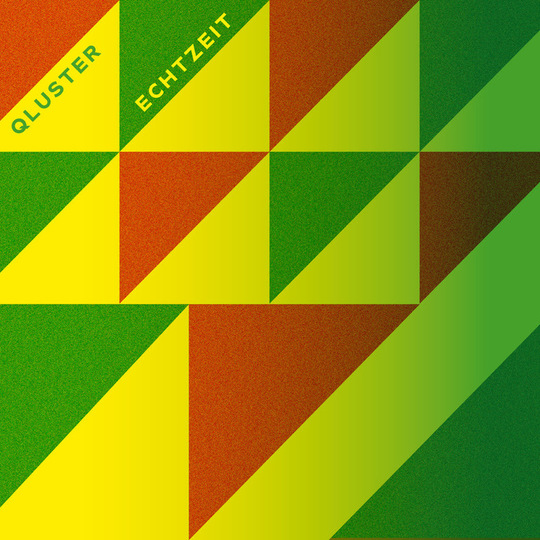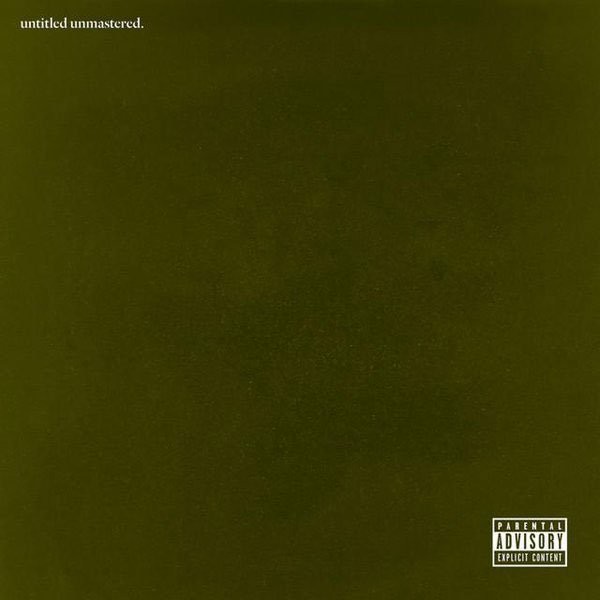Of all the legendary German bands to have found new directions for music in the 1970s, Cluster were perhaps the most enigmatic. The duo of Hans-Joachim Roedelius and Dieter Moebius (RIP) created music with a flow and grace that topped that achieved even by their most illustrious peers (with the possible exception of Neu! and Tangerine Dream). Yet they were never as straightforward as they sometimes appeared, their hazy electronic soundtracks seeming paradoxically linked to both the future and the past.
Today’s incarnation of Cluster, however, is Qluster, in which Roedelius is partnered by Onnen Bock and Armin Metz. A 2011 trilogy – Rufen, Fragen and Antworten (translation: Calling, Asking and Answering) – reached its peak at its conclusion, a piano record that – through different means – conjured up similar emotional responses to early Cluster. That last year’s Tasten embarked on a similar route seemed to be an indication that Qluster were now finding new life in acoustics. However Echtzeit (Real Time) doubles back towards the electronic realm.
The album’s first two tracks set things up wonderfully. ‘Stein auf Stein’ is the early morning fog, and when it finally lifts the glare of ‘Beste Freunde’ is there; grassy fields lit by fragile melancholia. This marks the first appearance of piano on the album, and as on Antworten and Tasten the playing is sparsely beautiful. From here, however, we are lulled into rather beige territory. ‘Verweile doch’ and ‘Von weiter Ferne ganz nah’ are both in the same terrain as the pastoral classic ambience of Sowiesoso or Cluster & Eno but they lack the same hypnotic beauty.
When things pick up again it’s due to the reintroduction of the piano. ‘Das seltsame Tier aus dem Norden’ brings a touch of noir to proceedings. ‘Auf der Lichtung’, meanwhile, is the strongest non-piano based track on the record. Unfolding in slow motion, this almost elegiac track may seem an odd choice for album highlight at first, but there is something uncannily familiar (and yet strikingly different) about it that nags at my brain. Its solemnity is at once both haunting and strangely uplifting. Unfortunately the two tracks that follow it, and close the album, are altogether less striking.
Ultimately there’s nothing to dislike about Echtzeit, but perhaps that’s the problem. For the most part this is subdued, almost self-consciously pretty music largely constructed by a man who has made a career out of sublime soundcraft. One shouldn’t necessarily be expecting another classic record from Roedelius and his collaborators in 2016, but that doesn’t mean that Echtzeit isn’t ever so slightly disappointing. This is music to (quite pleasantly) while away dozy afternoons, but it’s far from being as transcendently atmospheric as the many great records Roedelius has been a part of in the past.
-
6Benjamin Bland's Score























